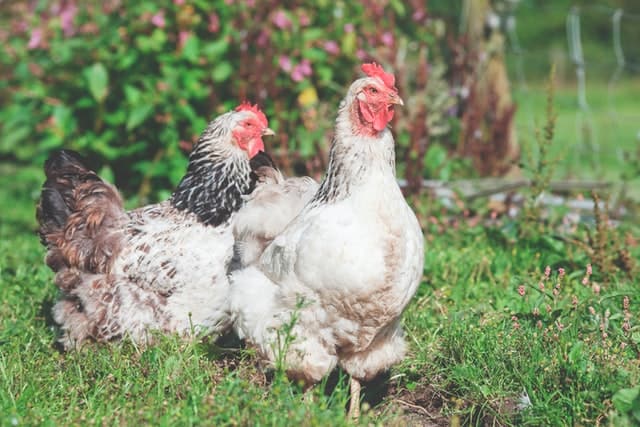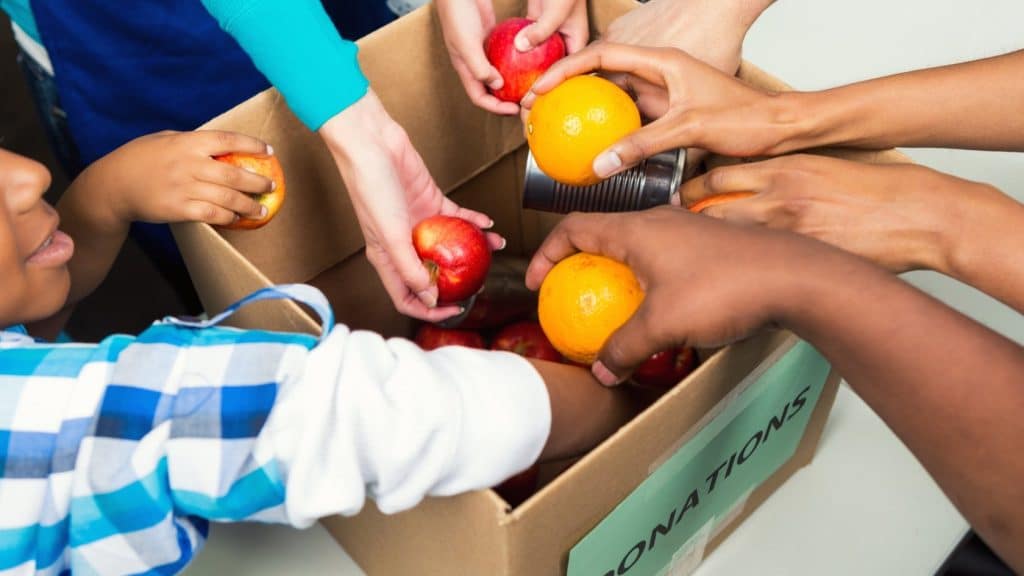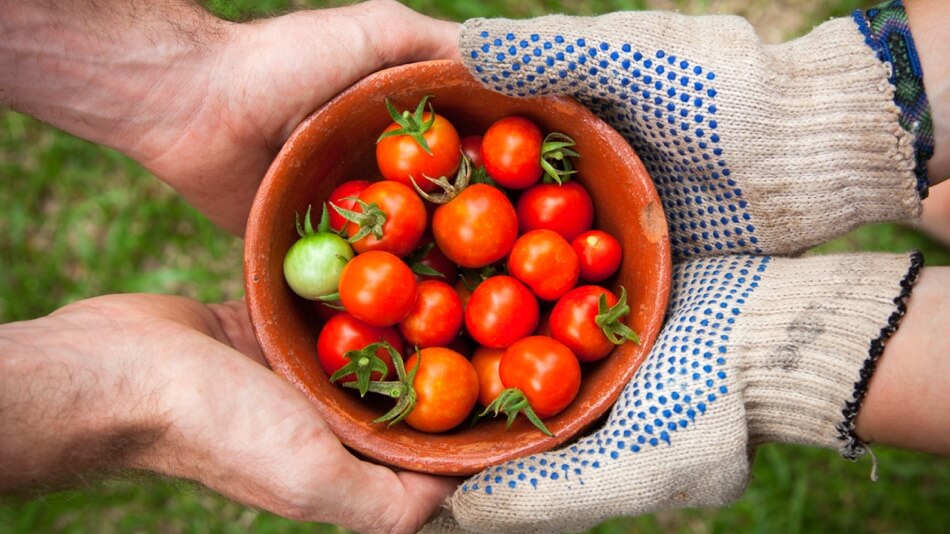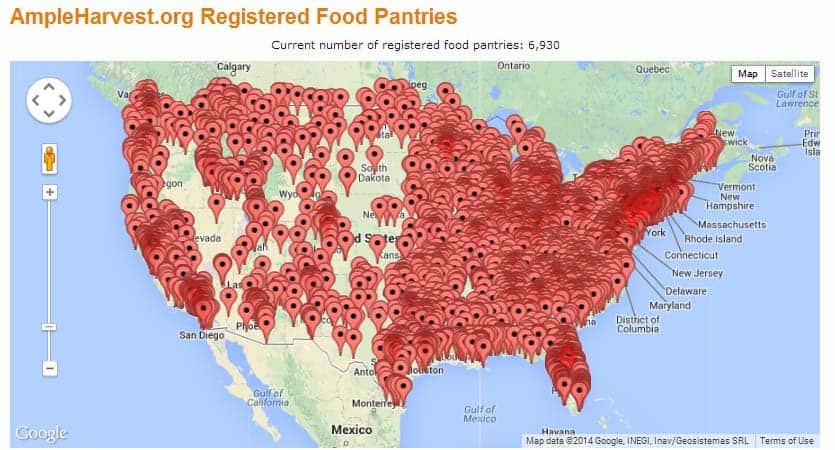Let me be the first to say that I’m no expert. My approach to keeping backyard chickens is much like my my approach to gardening: do your research and then just jump in and learn as you go! With both gardening and chicken keeping, I’ve had my ups and downs…and sometimes those downs overlap, like the time when my chickens managed to wiggle their way past the barriers I set up to keep them out of one of the garden beds. In a manner of minutes they destroyed the entire bed of garlic I had planted, and for a week the chickens wreaked of garlic! We lost all of the garlic we were planning to eat for the next year and I was so frustrated! But, you live and learn and now my garden beds are totally chicken-proof…well, at least I think so.
It’s the time of year when eggs are hatching and families are bringing home baby chicks. It’s a good time to start the adventure of backyard chicken keeping. It’s a fun and rewarding way to get closer to where your food comes from, to teach children about caring for animals, and of course, you just can’t beat those fresh eggs! Whether you’re starting with chicks or with hens that are already laying, below are some helpful tips and resources to help you on your journey.
Starting with chicks:
When you’re buying baby chicks you are making a commitment to caring for them as pets or as food and it’s an important decision that takes some consideration. There may be some really cute baby chicks being given away at your child’s daycare or at the drug store around Easter time…even some that have been dyed green or pink and come with a matching baby bunny. These are not the kinds of chickens that you want to invest in (not to mention the ethical issues of how these animals are treated). You should do your research and decide which breed is best for you and then either visit your local farm store to ask if they sell them or locate a reputable breeder and order your chicks in the mail. Here’s a helpful link from www.MyPetChicken.com with information about various breeds, both for meat and for laying, with lots of facts and pictures
If you live in a city, be sure to check out the laws or civic codes regarding chicken keeping. Some cities have very strict regulations and others none at all. Here‘s a good place to start your research on laws about keeping chickens from www.UrbanChickens.org
Before your chicks arrive you’ll need to get some basic supplies like a brooder, heat lamp, and containers for food and water. You will want to keep them indoors until they get their feathers which will keep them warm and protected when they move outside. Backyardchickens.com published this article on those first important weeks with baby chicks. And, don’t forget to get the right food for them..read about what kind of food they need at this stage and at all stages with this helpful article from the Chicken Chick.
Housing your chickens and keeping them safe:
Once your chickens are ready to go outside they need a safe and secure place that will keep them protected from the elements and from predators. Chicken coops come in all shapes and sizes (and prices!). If you’re handy you can find plans online like this one and build it yourself. Or you can buy a prefabricated coop and put it together yourself if you’re only slightly handy like me 🙂 This is my favorite article from Mother Earth News about this subject…it can really help you narrow down your choices, because believe me, the possibilities are endless.
First aid kit for your chickens:
Just like any family pet, chickens can get sick and need some medical attention. Some chicken owners spare no expense when it comes to their pet chicken’s health while others may feel weird about paying a vet bill for an animal that originally cost less than one dollar. Where ever you land on this spectrum, it’s good to have a chicken first aid kit at home for when the occasional illness strikes. Here’s a comprehensive list from Back Yard Poultry Magazine to give you some ideas about what to put in your chicken doctor bag.
Health problems and how to treat them:
The tricky thing with chickens is that they are really good at hiding their illness and it can be hard to catch something important before it’s too late. The best protection is prevention. The more time you spend with your chickens, the better you will be able to tell when something is up. If you’re handling your chickens every day you’ll notice any lumps, weight loss/gain, open wounds, cloudy eyes, sneezing, or even the rare bound egg. Be sure to read over this article from Hobby Farms Magainze about chicken diseases so you are aware of what to look for and know what to do when you spot trouble:
Eggs Eggs Eggs:
Chickens are super fun to have around. They are cute and playful and they’ll eat right out of your hand! But, the best thing of all is that they provide super yummy eggs that you can collect and eat almost the whole year-round. When keeping your own chickens you have control over what their lives are like. You can feed them organic food and let them roam as far as you care in order to create your own organic and/or “free-range” eggs. When you’re in charge of everything you have the power to get cleaner, safer, and more delicious eggs, but there are some things to be aware of to make sure the eggs are safe to eat. The “Chicken Chick” has these helpful tips for you.
Sometimes you’re just going to be up to your ears in eggs. So, what are you supposed to do with them? Many food pantries will accept donations of fresh home-grown eggs. Big surprise, right? Just like you can donate your extra garden harvest to pantries in the AmpleHarvest.org network, many of them will also accept fresh eggs. During long days of summer last year, my family went on a short trip and our house/chicken sitter didn’t eat any of the eggs so when we got back we had several dozen eggs more than we could handle. No matter how hard we tried we just couldn’t catch up (since the girls continued to lay!) so I took two dozen to my local food pantry. Almost as soon as I set them down on the table at the pantry, they were gone. The food pantry clients were THRILLED to be able to bring home eggs to feed their family and it felt good to know that they weren’t going to go to waste but toward a good cause. You can find a food pantry near you at www.AmpleHarvest.org/findpantry.
Keeping chickens and raising chicks is really fun and easy. There are countless magazines, websites, and community groups that will help you immensely as you start or continue this journey. If you’re keeping chickens and sharing your extra eggs, let us know! Email your pictures to us at [email protected], post them to our Instagram page with the hashtag #ampleharvest, or on our Facebook page.




